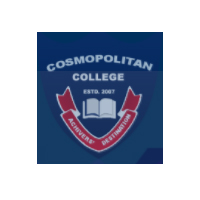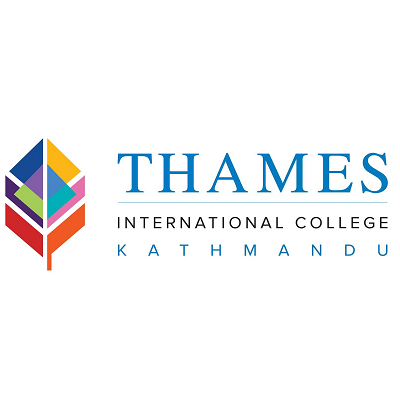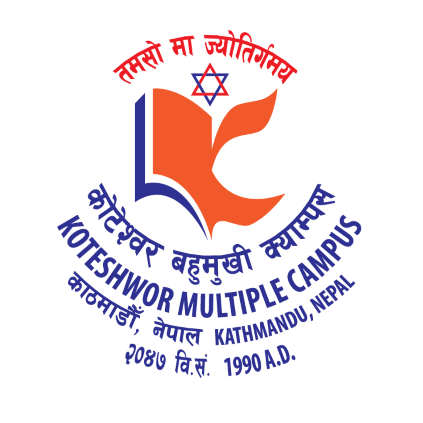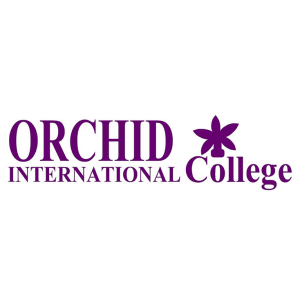Overview
Bachelor of Arts (BA) at Dillibazar Kanya Multiple Campus
BA at Dillibazar Kanya Multiple Campus (DKMC), Dillibazar, Kathmandu, offers a Tribhuvan University (TU) pathway in humanities and social sciences for students who want structured reading, writing, and research habits. You study at a women’s public/community campus, follow TU syllabi, and sit examinations under TU rules.
Students and guardians often seek precise subject combinations, workload, and outcomes; this course note explains the key points clearly so you can plan studies with confidence.
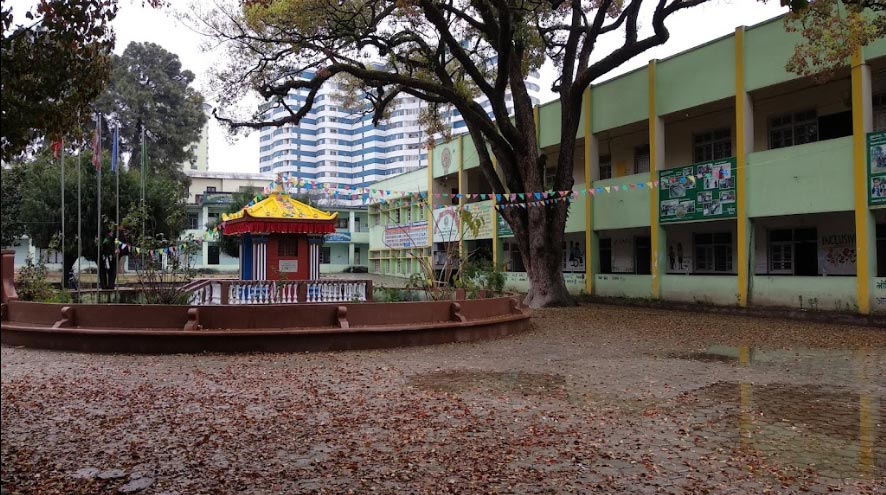
Highlights
-
Affiliation: Tribhuvan University (Faculty of Humanities and Social Sciences)
-
Level: Bachelor’s (Undergraduate)
-
Duration: 4 years (TU four-year structure)
-
Seat capacity: 50
-
Intake window: July–August (as per campus/TU notice)
-
Assessment pattern: Internal tasks and TU examinations
-
Campus setting: Women’s public/community campus at Dillibazar, Kathmandu
Introduction
BA at DKMC focuses on language, society, and culture through subjects such as English/Nepali, Sociology, Rural Development, Journalism and Mass Communication, and related areas approved by TU. You develop habits that matter in academic and public settings: close reading, clear writing, careful use of sources, and respectful discussion. Many students use BA to prepare for teaching, public service, development work, or postgraduate study.
Curriculum details
Subject offerings follow TU frameworks and campus feasibility each academic year. A typical pathway mixes language/literature with social science papers and a research or term project.
-
Language and literature: Prose, poetry, drama, criticism, linguistics, and writing workshops.
-
Social sciences: Sociology, Rural Development, Political Science, or Journalism and Mass Communication (as available).
-
Research basics: Term paper or short research assignment using credible sources and simple methods.
-
Support skills: Academic writing, citation basics, presentation skills, and reading strategies for long texts.
Short assignments, class seminars, and viva practice help you manage the workload without last-minute rush. Coordinators share reading lists and exam schedules in line with TU.
Objectives
-
Foundational knowledge: Build a steady base in language, literature, and social inquiry.
-
Writing habit: Strengthen sentence clarity, paragraph structure, and citation integrity.
-
Context awareness: Link readings to Nepali communities, media, and policy discussions.
-
Preparation for next steps: Support entry into education, public service, and postgraduate routes.
Scope
Graduates apply BA learning in schools (with teacher training), media houses, NGOs, municipalities, and research assistance roles. Some students prepare for PSC examinations. Others pursue MA programs in English, Sociology, Rural Development, or allied fields.
Learning outcomes
Students who complete BA at DKMC usually can:
-
Interpret literary and media texts using clear arguments and evidence.
-
Summarize social issues with accurate references and neutral language.
-
Write structured essays, reports, and news or feature pieces where relevant.
-
Present short talks with sources and slides that respect academic standards.
-
Plan a small study using ethical data collection and basic analysis.
Skill development modules
-
Academic writing clinic: Thesis statements, coherence, and citation formats.
-
Reading strategies: Note-taking, annotation, and exam-ready summaries.
-
Media and communication: News basics, interviews, and editing practice (if Journalism is chosen).
-
Community linkage: Field notes, observation, and short reflection papers.
-
Digital literacy: Document formatting and reference management at a student level.
Teaching methodology
-
Lectures and guided reading: Chapter outlines, key terms, and context notes.
-
Seminars and discussions: Student-led sessions for analysis and debate.
-
Workshops: Writing, pronunciation/phonetics (where offered), and presentation drills.
-
Internal evaluation: Class tests, term papers, and viva as per campus plan.
-
Exam orientation: Past-paper practice and time-management strategies.
Admission requirements
-
Minimum qualification: 10+2 or equivalent from a recognized board.
-
Grade requirement: As prescribed by TU for BA in the current cycle.
-
Documents: Application form, photos, academic transcripts/character certificate, citizenship/ID, migration (if applicable).
-
Selection: Merit screening as per campus notice and TU norms.
-
Seat capacity: 50 (follow the latest campus notice for any update).
Career opportunities
-
Education and training: Language or social studies teaching after completing teacher education requirements.
-
Media and communication: Content writing, newsroom support, and editorial coordination.
-
Community and development: Field facilitation, documentation, and reporting roles.
-
Administration: Office writing, record management, and public liaison.
-
Further study: MA in English, Sociology, Rural Development, Journalism and Mass Communication, or allied fields.
Scholarships and financial aid
-
Merit route: Partial fee relief for strong academic performance, subject to GPA/attendance rules.
-
Need route: Limited support for documented financial need as per campus policy.
-
Activity route: Consideration for arts/culture or representation where announced.
Watch official notices for forms, deadlines, and required proofs.
Why choose this course?
Students who enjoy reading, writing, and discussion find BA a steady path. You gain habits for careful thinking, clear expression, and ethical use of information. Guardians value the public/community setting and TU recognition, while students value approachable mentoring and practical assignments.
Conclusion
BA at DKMC offers a stable humanities pathway under TU. Careful attendance, weekly reading targets, and early drafting lead to consistent results over four years. Students who keep source notes and revise steadily feel more prepared when examinations arrive.
FAQ
Q1. Which subjects are available at DKMC?
Language/literature plus social science options such as Sociology, Rural Development, or Journalism, subject to yearly feasibility.
Q2. Are internal assignments compulsory?
Yes. Short papers, class tests, and presentations support TU examinations.
Q3. Can I prepare for teaching after BA?
Yes. Many students complete a teacher education program for school roles.
Q4. Does the BA follow a semester or annual model?
The BA follows TU’s four-year structure; see the current academic notice for exact evaluation plans.
Q5. What documents are needed for admission?
Transcripts, character certificate, citizenship/ID, photos, and migration if applicable.
Contact Dillibazar Kanya Multiple Campus's administrative office for detailed information on the BA course, including fees, scholarships, facilities, counseling, eligibility criteria, etc.



